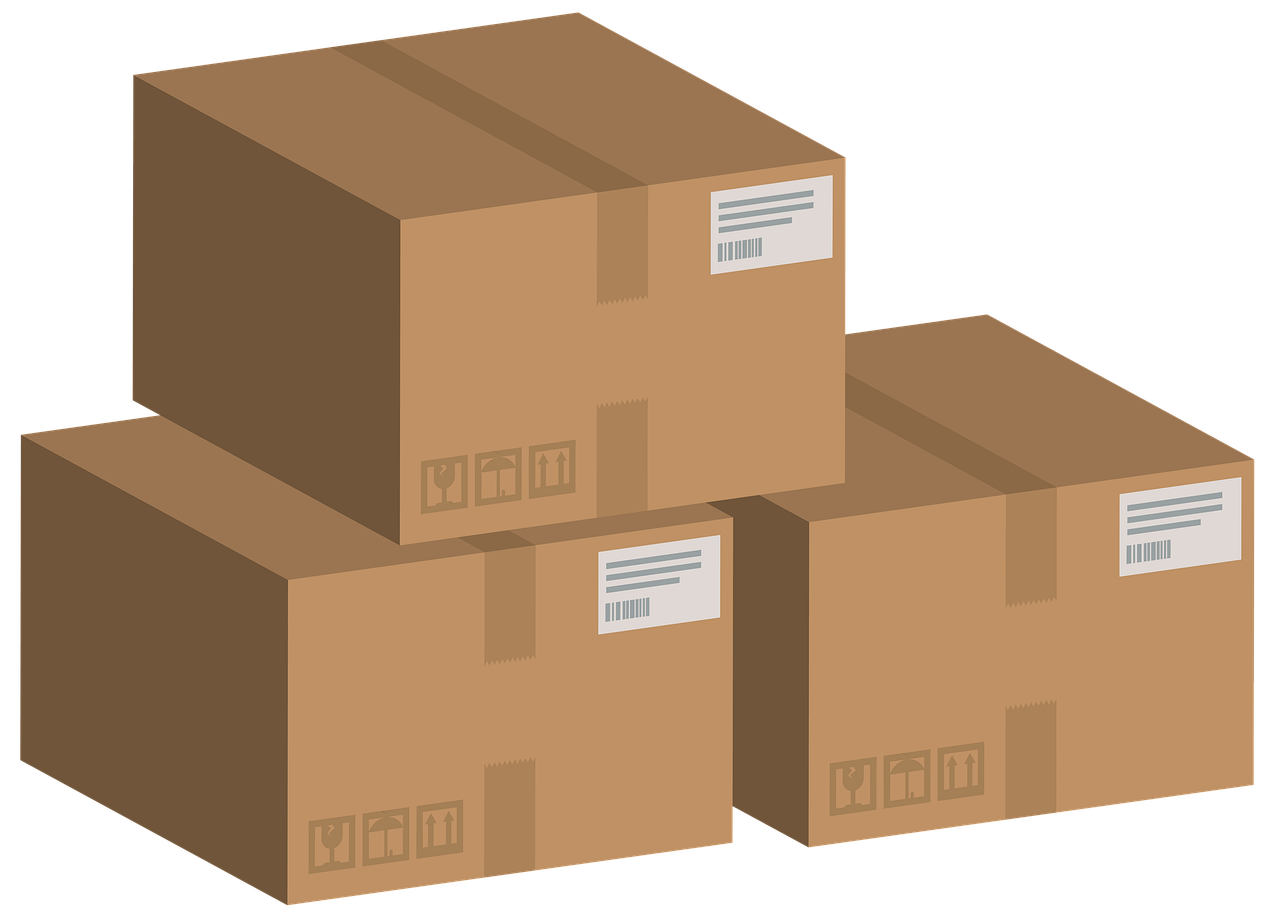Packing and moving an entire office requires proper planning and strategic execution for a seamless transition. The process usually starts with an efficient packing strategy, which can save time, reduce stress, and set the stage for a successful relocation. Searching for “professional movers near me” can help businesses find a trained team to pack their items safely and efficiently. Here are some of the most efficient ways to pack an office:
1. Declutter Before Packing
Many offices have items they no longer use, including paperwork, electronics, furniture, and other office materials. Packing these unnecessary items can make the process more time-consuming and fill the storage space in your new place quicker. These extra items may also make your move costlier. After sorting through “professional movers near me” search results and finding a suitable team, the movers should provide you with their rates. When you have extra items, the movers may charge you more because there is more material for the team to load, arrange in the truck, and unload. Before packing, you and your employees should thoroughly declutter your space and dispose of unnecessary items. You can sell, donate, or throw away office items you no longer need.
2. Create an Inventory
An inventory of all your office items can help you see the big picture and create an effective plan for packing and moving. Consider making a spreadsheet that includes the item name, description, quantity, and condition. You can also include pictures of fragile items for easy identification during the move. This list can help you and your movers keep track of everything and avoid leaving something behind. The list can also help you get a more accurate price estimate from your movers. With this list, the movers can evaluate the total number of items, dimensions, and approximate weight to give you an accurate quote.
3. Gather Various Packing Supplies
Before you start packing your office, you’ll need to purchase packing supplies. These include boxes, packing peanuts, bubble wrap, markers, tape, and other materials to help secure your items during the move. These materials can be found at a local or online hardware or home improvement store. To estimate the number and size of boxes you’ll need, consider dividing up your items according to their size and type. Your inventory list can also help you determine the amount of packing materials you’ll need. Invest in sturdy, heavy-duty boxes and adequate padding to avoid damage to your office items. If you’re using recycled boxes, inspect them for signs of wear and tear.
4. Pack Room By Room
Packing items by room is a good way to stay organized and speed up your move. Start with non-bulky items like paperwork, extra office materials, and decorations. Then move on to larger items like computers, furniture, and other large items. Some of these items may need to be disassembled to help them fit into boxes. Take photos of complex setups before disassembling to help with reassembly later. Keep any screws and other hardware in labeled bags for easy identification. Label each box according to its room and contents so your movers know where to place them during unloading.
5. Pack Fragile Items Properly
Your office may have various fragile items like computers, printers, scanners, and other equipment. Wrap each item individually with bubble wrap or a moving blanket and secure it with tape. Use extra padding like air pillows or packing peanuts to fill empty spaces inside boxes to prevent fragile items from shifting. Secure the closed box with strong packing tape to keep items in place during transit, and remember to label it as “fragile.” For large and bulky items like desks, tables, and shelves, use moving blankets to protect them from scratches.
6. Secure Sensitive Documents
Documents like contracts, financial records, and business licenses should be packed separately and labeled “sensitive.” Place these documents in a secure, waterproof container to prevent water damage. These documents should be the last items you pack and the first you unpack at your new office. If you have digital files, consider backing them up with a cloud storage system or an external hard drive. This can help you avoid losingsensitive business information if something happens to your computers during the move.
Pack Efficiently and Search for Professional Movers Near Me
For an efficient and successful office moving process, declutter to avoid packing unnecessary items and create an inventory to get an accurate quote from your movers. Gather the right packing supplies, pack room by room, and label each box according to its contents and room. If you lack the time or resources to pack and move independently, consider hiring professional movers to help you pack. These professionals can help you focus on other aspects of your move, like organizing and setting up your new office.





Be First to Comment